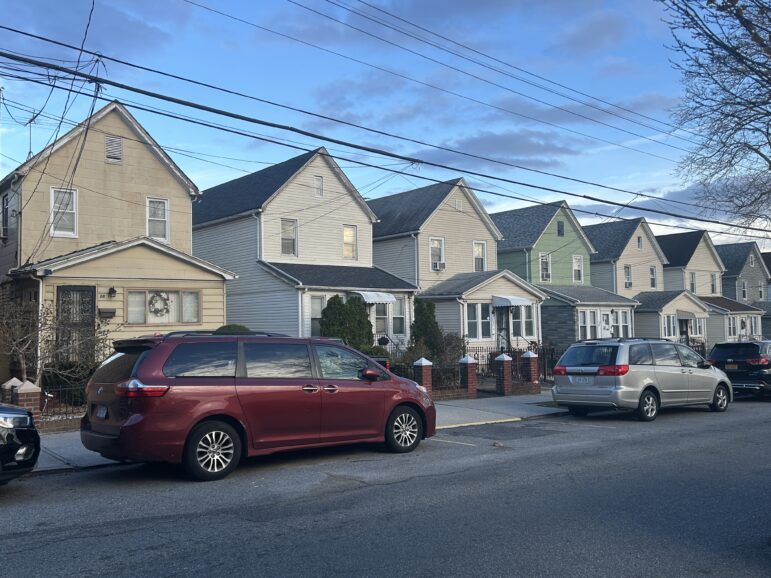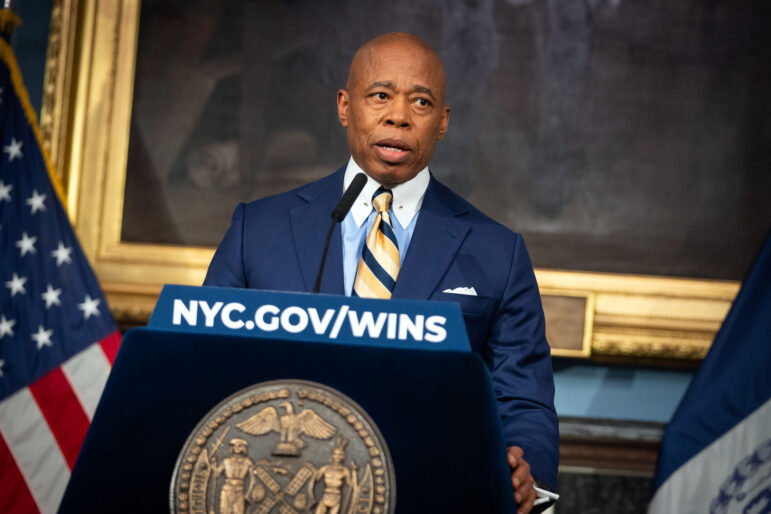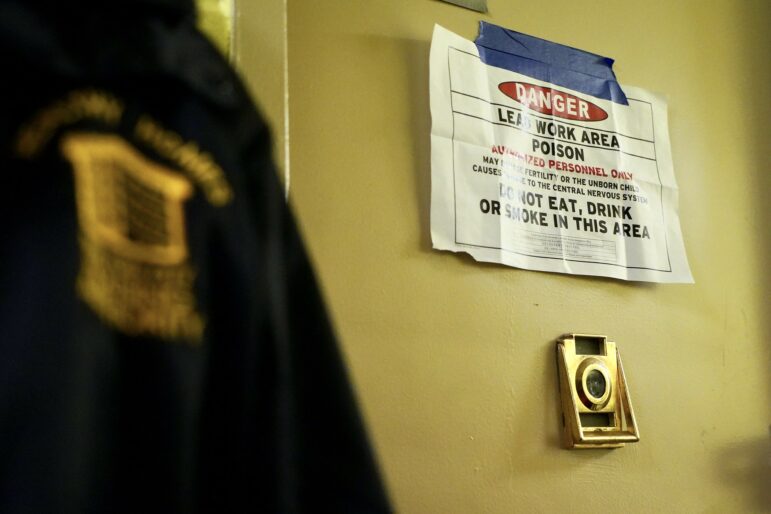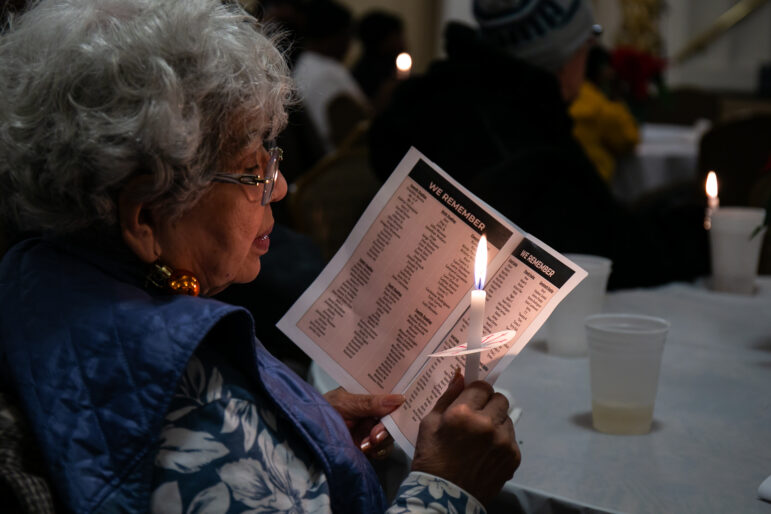
Photo by: NYPD/Associated Press
An internal NYPD document obtained during the Associated Press’ investigation of spying by the city.
In the foreground to President Obama’s major address today on his evolving sense of the boundary between legitimate national security and illegal surveillance, there came this week a reminder of New York City’s own surveillance state, in a press release from the city’s Law Department about the multimillion-dollar settlement struck with people who were arbitrarily arrested during demonstrations around the 2004 Republican National Convention.
The settlement was the bad news, according to the Law Department. The good news, for them, was that the city prevailed on all the systemic issues the RNC lawsuits raised—about mass arrests, about “no-standing” and “demonstration” zones, about “keeping sensitive and confidential intelligence documents from being disclosed” and “the importance of the intelligence gathered leading up to the RNC, which was pivotal in shaping the policies adopted during the event.” That intelligence included infiltrating protest groups and sending detectives to other states to spy on leftist groups that were planning to attend the convention.
When those clandestine activities were publicized in 2007, they were shocking. Now, we shrug. In part that’s because New Yorkers have gotten used to a redefinition of the line between police power and private liberty. But it’s also because government spying is inherently secretive—so we don’t have anything like a complete picture of whom the NYPD has spied on since.
Read more here.
City Limits has teamed up with The Nation to cover the first 100 days of the de Blasio administration. Click here to read the series.








